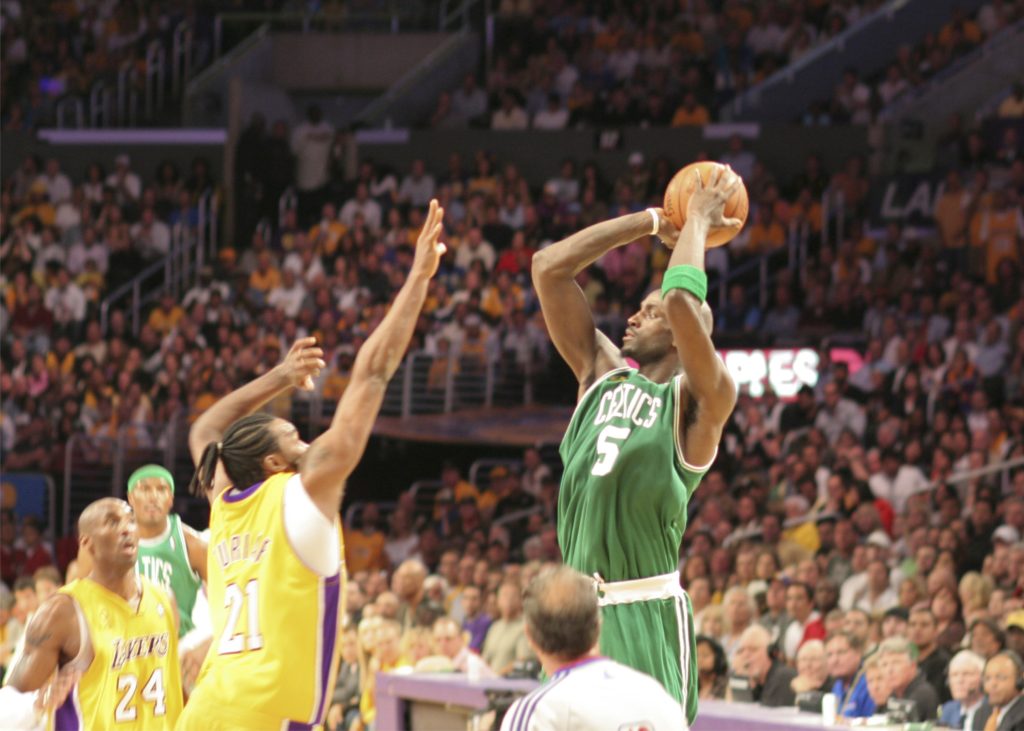Quick Hits
Daily brief research updates from the cognitive sciences

That may sound like an odd thing to say, and this research is now actually a few years old, but is nevertheless still misunderstood. We all seem to generally feel that more talent leads to a better team. This applies to sports teams as well as to business teams. I have just come back from a conference in the life sciences sector and one panel was talking about talent. The discussion revolved around finding the best people.
This research suggests, that finding the best people may not be the most important strategy but finding the most suitable people – that is different – but this also isn’t always the case. It depends on how the team must operate together.
Adam Galinsky and Vikram Pandit of Columbia Business School have researched a number of team-based situations, from egg production in chicken coop. Yes, you read that correctly, chickens also need to produce effectively, and their performance, egg laying, drops in certain teams! To 10 seasons of professional basketball and baseball.
What did they find?
They found that “team coordination suffers when there is too much talent”. Not a good thing for team performance. Simply put, too much talent creates a conflictual “pecking order”, see that research into the chickens is suitable, top talent tries, understandably to be higher in the pecking order and this causes conflict and inefficiencies and conflict.
This is similar to what I wrote about in my popular article on underperforming high performers, when some people can help teams to perform better without being star performers themselves.
This means that just stacking teams with talent is not necessarily the best strategy – but this is what we automatically do. Intuitively it feels like the best thing to do – whether in sports or business. However, Galinsky does note that it depends on the team. Or rather it depends on the amount of collaboration needed.
Teams that require higher collaboration, in Galinsky’s research basketball teams, need a range of talent levels to perform to their best. In contrast teams that need less coordination and can work individually, in this case baseball teams, pitchers and hitters work independently, stacking the team with talent is a good strategy.
So, there you go – in business or sports you do need to think of how teams need to operate together and therefore what sort of talent you need. Our own internal data with our assessments show the same thing. And yes, you can measure team cohesion.
But for now, be careful of how much talent you wish for.

Andy Habermacher
Andy is author of leading brains Review, Neuroleadership, and multiple other books. He has been intensively involved in writing and research into neuroleadership and is considered one of Europe’s leading experts. He is also a well-known public speaker, speaking on the brain and human behaviour.
Andy is also a masters athlete (middle distance running) and competes regularly at international competitions (and holds a few national records in his age category).
References
Swaab, R. I., Schaerer, M., Anicich, E. M., Ronay, R., & Galinsky, A. D. (2014).
The Too-Much-Talent Effect: Team Interdependence Determines When More Talent Is Too Much or Not Enough.
Psychological Science, 25(8).
https://doi.org/10.1177/0956797614537280
More Quick Hits
What Makes Human Brains Different?
Those who have followed my writing and articles will know that this is a question that comes up regularly. Just what is different to human brain compared to other species?
Brain Centre For Altruism Identified
Various parts of the brain have been associated with social behaviour but this particularly interesting study looked at effortful decision-making to help others and identified a region that only activates to this.
Genes Or Exercise for Living Longer?
We all know that we should get our exercise. And we all know that this is associated with many positive health outcomes. This includes living longer.
Yay! “Inoculation” Against Misinformation Effective
Wouldn’t it be great in the current world if we could inoculate people against misinformation. Sigh! But that will never happen
Lack Of Sleep Makes Us Selfish
We humans are a social species, we do things in groups, gather in restaurants, bars, music venues, and public spaces together.
Don’t Try to Change Minds – Change Behaviour
Don’t try to change minds, but simply change behaviour is the result a group of researchers have come to with regard to vaccinations.






